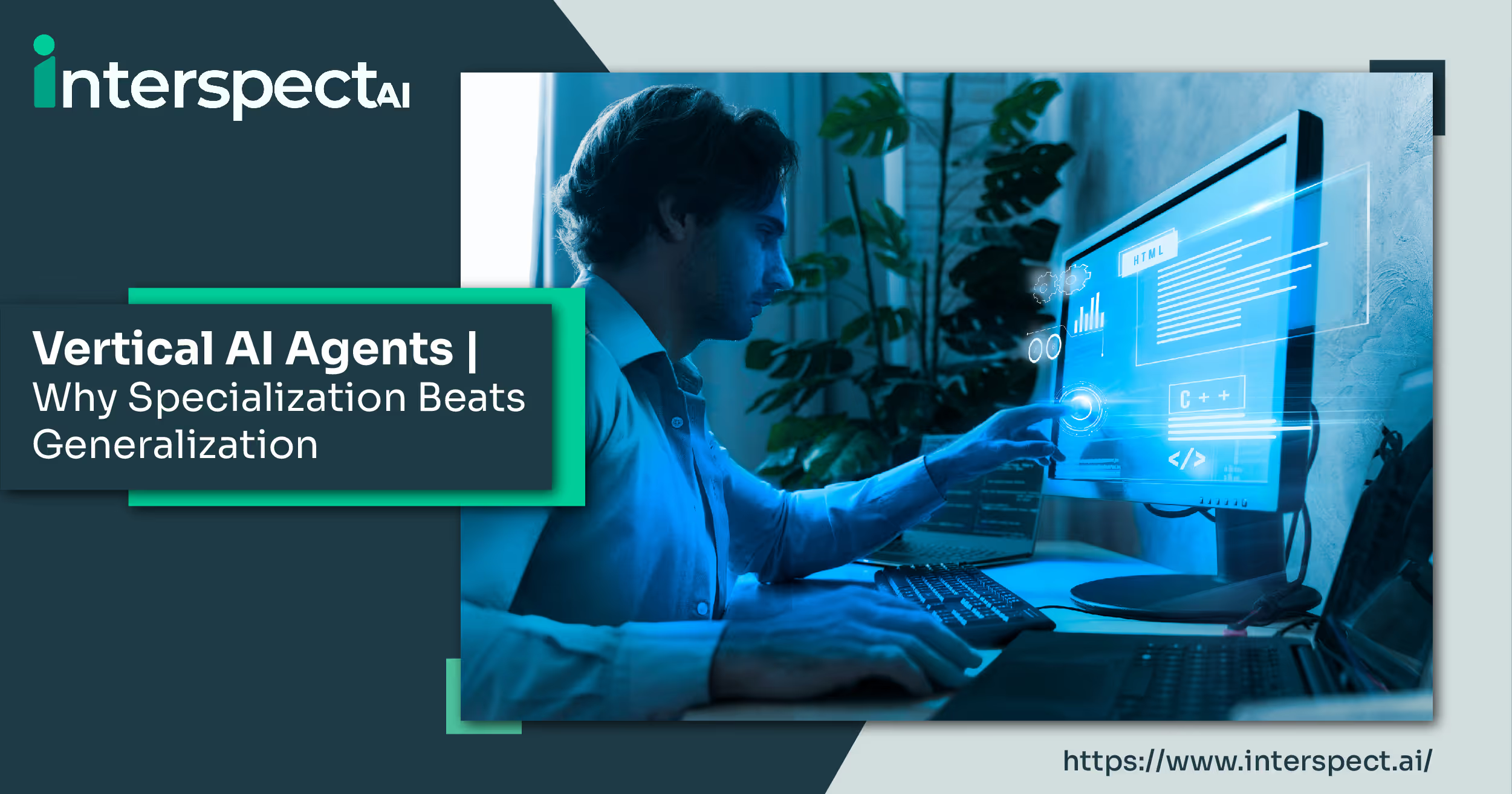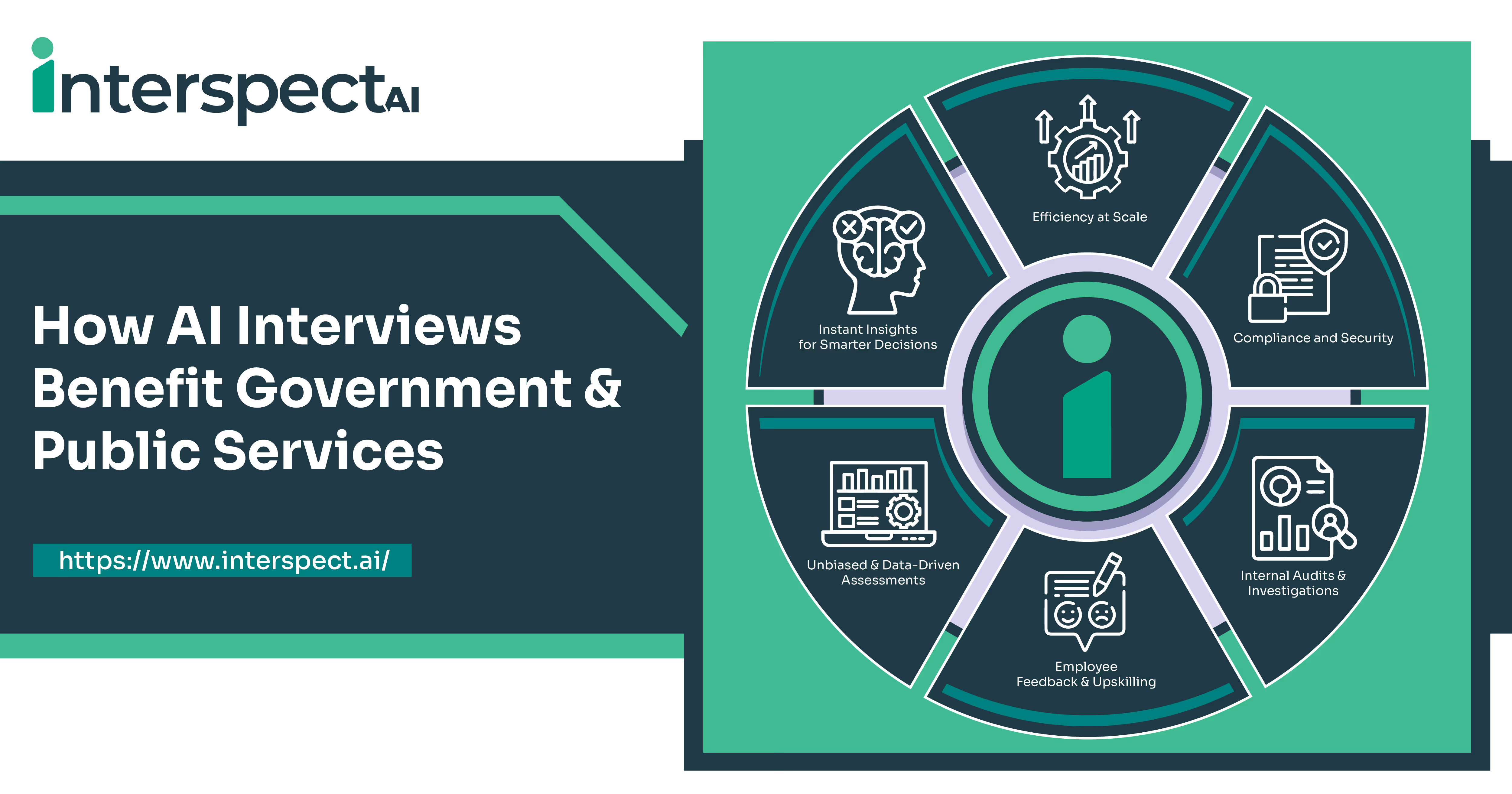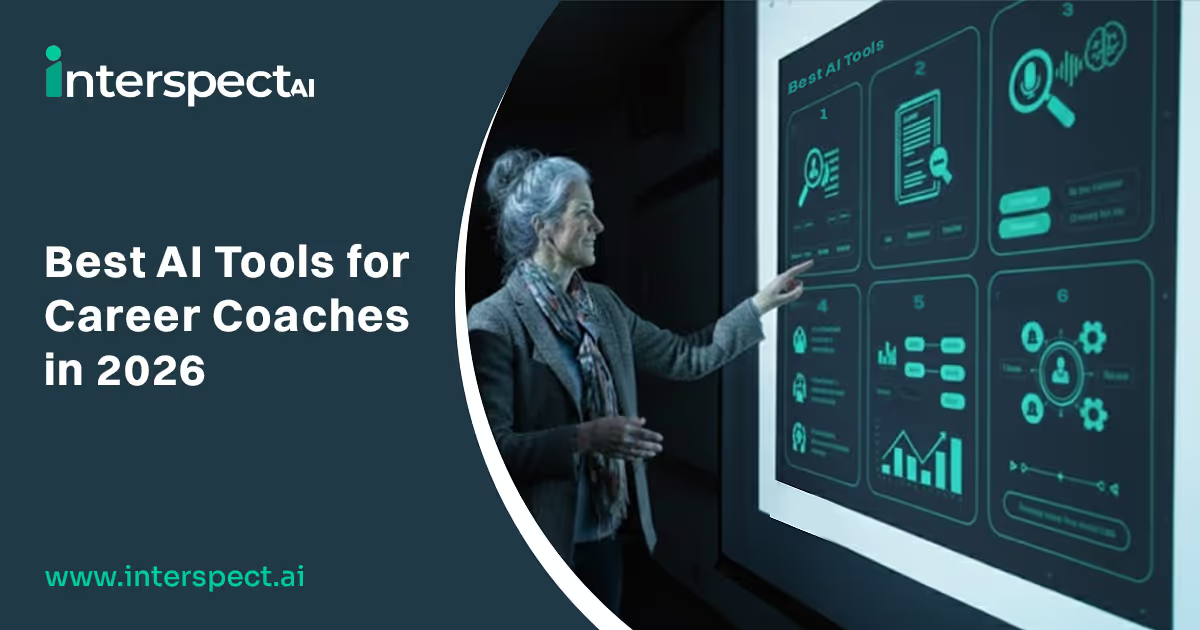
As AI technology advances, it becomes increasingly evident that general-purpose models often struggle to address the complexities inherent in specialized domains. Vertical AI agents, explicitly designed for industries like healthcare, finance, retail, and manufacturing, leverage domain-specific datasets, customized reasoning processes, and specialized tools to outperform generalist AI systems.
Trained on curated, industry-specific data and embedded with workflows tailored to unique business requirements, vertical AI agents accelerate deployment, reduce risk, and provide measurable operational improvements.
1. Why Specialization Outperforms Generalization
General AI models face inherent challenges in specialized settings due to:
- Domain-Specific Context Gaps: Broad training data often misses critical industry terminology and nuanced decision factors.
- Regulatory Risks: Lack of embedded knowledge about sector-specific compliance can lead to failures or unsafe outcomes.
- Uneven Performance: General models fall short on highly specific or regulated tasks.
Vertical AI agents overcome these by embedding deep expertise and domain knowledge, enabling higher accuracy, compliance, and reliability in complex workflows (see agentic systems design patterns in this research).
2. Core Components of Vertical AI Agents
Drawing from established architectural frameworks, vertical AI agents commonly integrate:
- Layered Memory Systems: Working memory for immediate context, episodic memory for past interactions, and knowledge base memory grounded in domain facts and regulatory rules (source).
- Advanced Reasoning Techniques: Chain-of-thought prompting, tree-of-thought strategies, and planning algorithms enable strategic problem-solving within specialized contexts (source).
- Cognitive Skills Modules: Modular, domain-tailored inference engines encapsulating workflows and compliance procedures, allowing precise and compliant decision-making (source).
- Flexible Tool Orchestration: Dynamic selection and integration of APIs, databases, and automation tools optimized for industry-specific data processes (source).
3. Architecture Patterns That Enable Specialization
Effective vertical AI architectures often exhibit:
These design patterns ensure agents remain adaptable, auditable, and trusted throughout deployment (learn more).
4. Real-World Impact Across Industries
Vertical AI agents’ domain expertise facilitates superior outcomes in these high-stakes environments compared to broad AI models.
5. Best Practices for Deploying Vertical AI Agents
- Involve Domain Experts: Define domain-specific ontologies, compliance rules, and success metrics collaboratively to ensure alignment and consistency.
- Embed Compliance Frameworks: Build regulatory knowledge into models and workflows with human oversight checkpoints.
- Implement Retrieval-Augmented Generation (RAG): Combine symbolic and neural methods for precise, explainable outputs.
- Modularize Architectures: Utilize microservices for cognitive skill components to enable scalable and maintainable solutions.
- Continuous Monitoring: Leverage telemetry and expert feedback loops to detect drift and optimize performance.
InterspectAI: Leading Vertical AI Innovation
At InterspectAI, we specialize in designing and deploying vertical AI solutions that deeply embed domain expertise through modular Cognitive Skills Modules and advanced memory and reasoning frameworks. Our flagship Spectra platform orchestrates these components through dynamic tool integrations, delivering tailored, compliant, and scalable AI agents for healthcare, finance, manufacturing, and other industries.
Collaborating closely with industry experts, we build retrieval-augmented multi-agent systems that automate complex workflows while maintaining accuracy and traceability. Our hands-on experience translates into measurable improvements—reducing error rates, accelerating regulatory compliance, and enhancing operational efficiency.
By applying best practices informed by the latest research, such as the agentic cognitive architectures described in Agentic Systems, InterspectAI empowers enterprises to harness the full power of vertical AI and transform their industry-specific challenges into competitive advantages.
Conclusion
Vertical AI agents clearly demonstrate that specialization outperforms generalization in addressing complex, regulated industry problems. By embedding domain-specific knowledge, reasoning frameworks, and compliance controls into modular, scalable architectures, these agents maximize accuracy, reliability, and efficiency—unlocking significant enterprise value.
Subscribe to The InterspectAI Blog


%201.svg)








